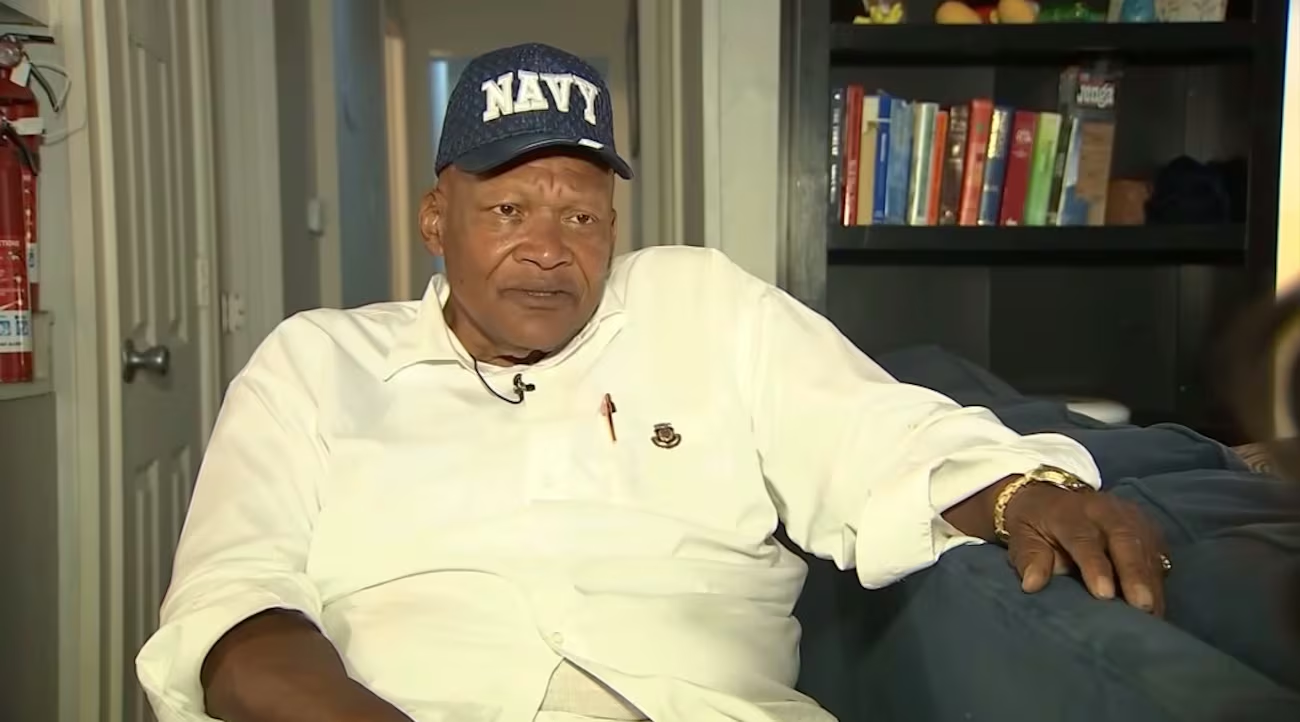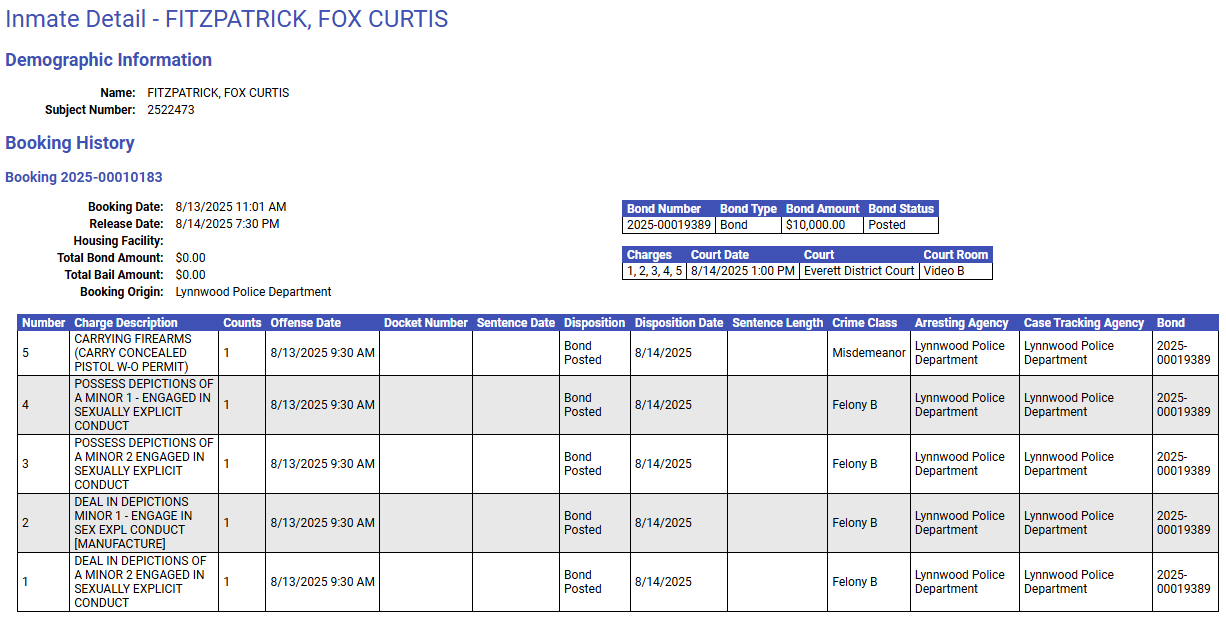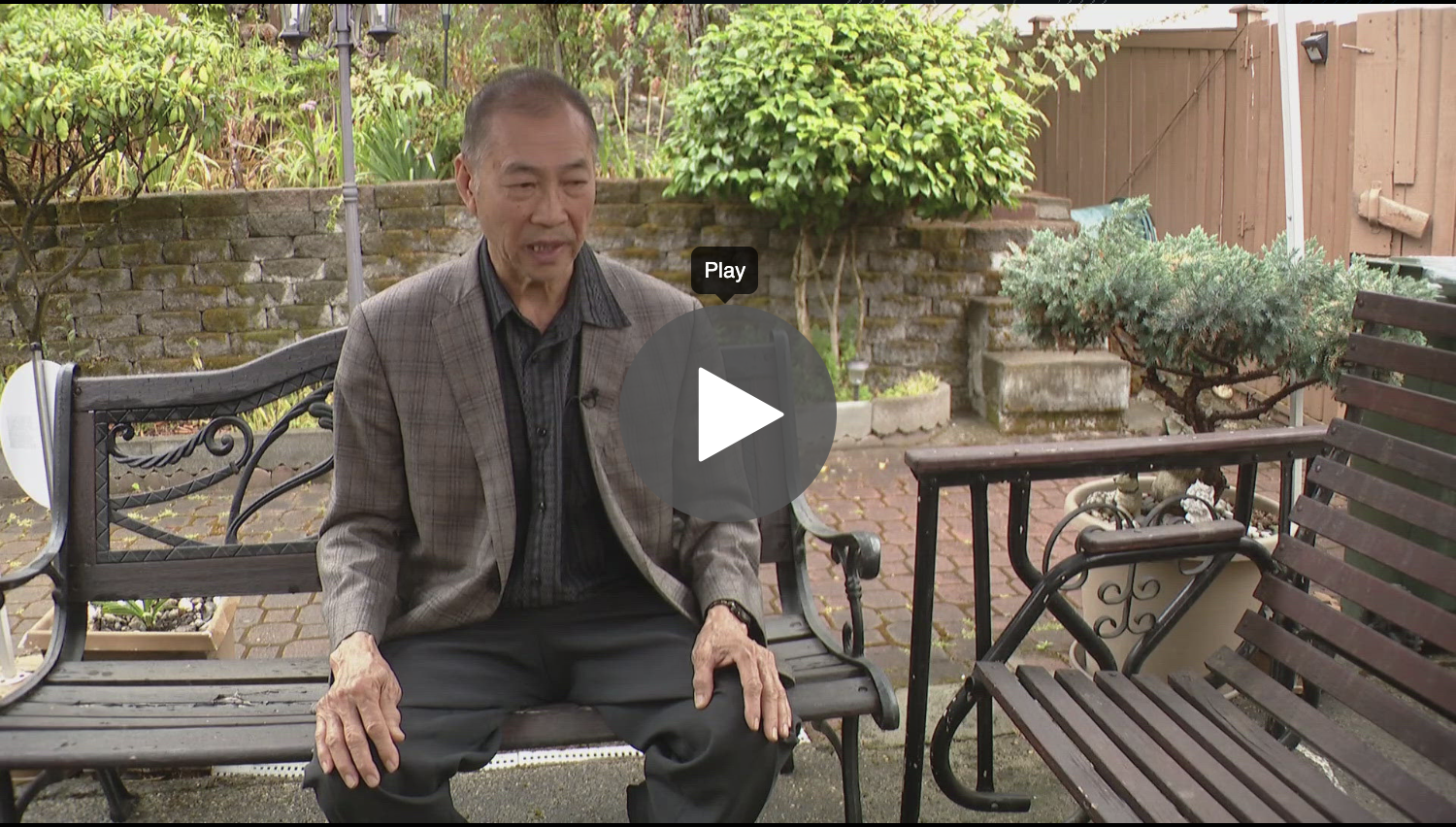Tacoma, Wash. – Federal prosecutors have announced they will not file criminal charges against the three former Tacoma police officers involved in the 2020 death of Manuel Ellis, citing insufficient evidence to meet the legal threshold for federal civil rights violations.
Federal Review Concludes Without Charges
The U.S. attorney’s office released a statement Thursday from acting U.S. Attorney Teal Luthy Miller, confirming that a team of federal prosecutors conducted an “independent and comprehensive review” of trial transcripts and evidence from the state case against the officers.
“After a careful and thorough review, the Department of Justice has closed its inquiry,” the statement read.
The review determined that charges could not be brought under federal civil rights statutes, which require proof that officers intentionally and willfully deprived Ellis of his constitutional rights while acting in their official capacity.
Background on Ellis’ Death
Ellis, 33, died on March 3, 2020, after repeatedly telling Tacoma police officers that he could not breathe while being restrained. Witnesses and evidence showed that officers pinned him to the ground, struck him in the head, knelt on his body, hobbled his legs with a cord, and placed a mesh spit hood over his face.
Officers Christopher Burbank, Matthew Collins, and Timothy Rankine were charged with manslaughter and murder. After a lengthy state trial, a jury acquitted all three in December 2023.
Following the verdict, the officers resigned from the Tacoma Police Department, each receiving a $500,000 severance package.
Civil Settlements and Ongoing Investigations
While federal criminal charges will not be pursued, the case has led to significant civil consequences.
-
In July 2024, the City of Tacoma agreed to pay Ellis’ family $6 million to settle a federal civil rights lawsuit.
-
In 2022, Pierce County paid $4 million to the family to resolve a separate lawsuit concerning county personnel’s involvement in restraining Ellis and its flawed initial investigation. That investigation was later redone under the order of then-Gov. Jay Inslee.
Additionally, all three former officers remain under review by the Washington State Criminal Justice Training Commission, which could revoke their certifications to serve as law enforcement officers in the state.
The Difficulty of Federal Civil Rights Cases
Prosecutors emphasized that civil rights charges are distinct from civil lawsuits and far more difficult to prove. Federal law requires evidence that officers not only deprived someone of protected rights but did so intentionally and with clear willfulness.
In Seattle, the U.S. attorney’s office has only once attempted to prosecute a law enforcement officer for criminal civil rights violations. That case, brought in 2008 against ex-King County sheriff’s deputy Brian Bonnar, ended in acquittal.
In Eastern Washington, however, federal prosecutors successfully convicted former Spokane police officer Karl Thompson in 2012. Thompson was sentenced to prison after being found guilty of violating the civil rights of Otto Zehm, a 36-year-old unarmed, developmentally disabled man who died in 2006 after being beaten, Tasered, and hog-tied during a shoplifting investigation. Zehm’s final words — “All I wanted was a Snickers” — became a haunting symbol of excessive force cases nationwide.
Family Response and Next Steps
Ellis’ family, represented by attorney James Bible, has not yet issued a statement on the federal decision. Bible did not immediately return requests for comment on Friday.
Although criminal charges have now been ruled out at both the state and federal levels, Ellis’ death remains a focal point in Washington’s conversations about police accountability, systemic reform, and the challenges of prosecuting law enforcement officers in cases involving use of force.















Leave a Reply